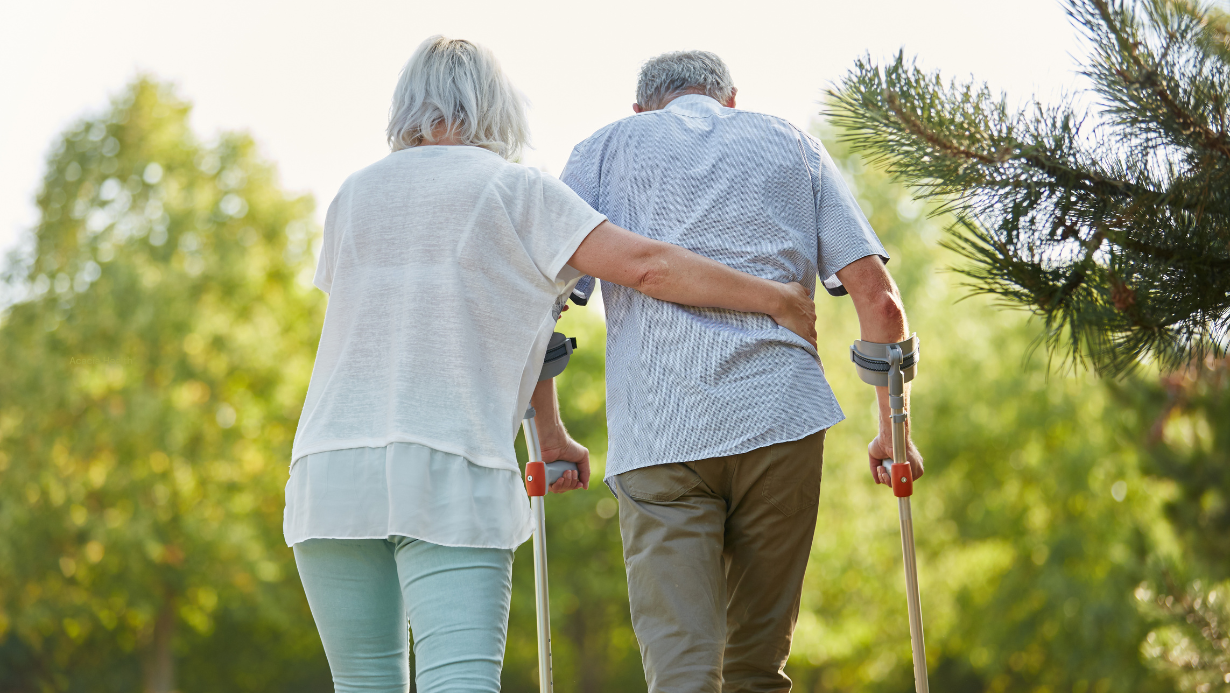From the principles of Chinese medicine we know that there is a spectrum of healthy human emotions including, joy, anger, worry, sadness and fear. We are all destined to feel these emotions at one time or another and in concert they create our wonderful and rich human experience. It is when any one of these emotions is experienced too intensely or for too long a duration that they can become detrimental to our health and wellbeing.
Currently so many of us are under an enormous amount of stress. I’ve been hearing from a large number of patients in the clinic that they are having an increasingly difficult time coping with their busy lives along with many external factors that can all add up to a big impact on our bodies, emotions, and psychological states. When we are experiencing stress our bodies do what they have evolved to do and activate the sympathetic (fight or flight) division of our nervous system. Although this may be good and appropriate in the short-term, after a while one will likely experience unwanted symptoms which may include: anxiety, irritability, insomnia, digestive upset, migraine or headache, muscle tension and body pain.
If you experience any of these symptoms acupuncture can help.
When an acupuncture treatment is received, our nervous system is stimulated in a way that activates and strengthens the parasympathetic (rest and digest) division. There has been a large amount of research done in the past decade that has helped us understand the biological ways in which acupuncture has a positive effect on our bodies. Some of the key findings include:
- Release and regulation of important biochemicals including seratonin, dopamine, norepinephrine, endorphins, cytokines, nitric oxide, GABA, substance P, and ATP along with many others (1, 2).
- Segmental spinal reflex effects where acupuncture stimulates blood flow, muscle relaxation and changes in the internal organs (3).
- Acupuncture has been shown to affect functional connectivity in the brain, reducing activity in limbic structures that are associated with stress and illness while regulating activity in parts of the brain that help us to deal with the stress response including the hypothalamus, pituitary and adrenal axis (3).
- Activation of the parasympathetic division of the nervous system which aids in relaxation, digestion, and tissue healing (4).
These are just some of the many interconnected ways in which acupuncture helps restore health and wellbeing within us. What is most important to my patients is that they experience a deep sense of relaxation during and after our treatments, reduced body pain, and improved digestion and sleep.
If you are interested in trying acupuncture for the first time or resuming treatment, I would love to see you in clinic and provide tools and support to help you find increased wellness in your life.
References:
1. The Acupuncture Evidence Project – A Comparative Literature Review 2017 – Acupuncture.org.au. 2017;:1–81. https://www.acupuncture.org.au/resources/publications/the-acupuncture-evidence-project-a-comparative-literature-review-2017/
2. Fan AY, Miller DW, Bolash B, et al. Acupuncture’s Role in Solving the Opioid Epidemic: Evidence, Cost-Effectiveness, and Care Availability for Acupuncture as a Primary, Non-Pharmacologic Method for Pain Relief and Management–White Paper 2017. Journal of Integrative Medicine2017;15:411–25. doi:10.1016/S2095-4964(17)60378-9
3. Cho ZH, Hwang SC, Wong EK, et al. Neural substrates, experimental evidences and functional hypothesis of acupuncture mechanisms. Acta Neurol Scand 2006;113:370–7. doi:10.1111/j.1600-0404.2006.00600.x
4. Lund I, Lundeberg T. Mechanisms of Acupuncture. Acupuncture and Related Therapies Published Online First: 2016. doi:10.1016/j.arthe.2016.12.001




